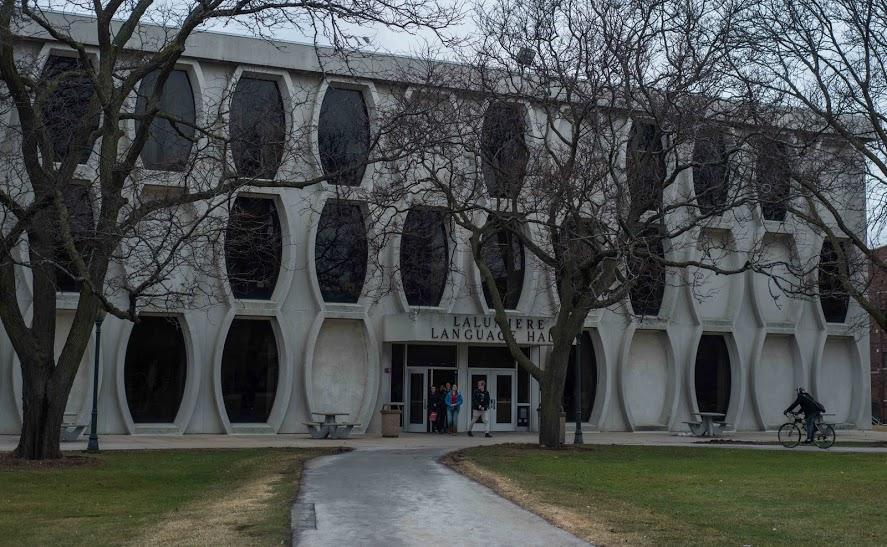By 2050, the nation will be a minority-majority country, meaning that most residents will identify as people of color. Although this might seem unsurprising, the United States has always been considered a melting pot characterized by its diversity of thought, culture, religion, and race; it does emphasize the importance of emphasizing diversity in all spheres of life.
Higher education is one of the most common areas where we can see this prioritization of diversity. However, it is often not accompanied by the support necessary to accommodate the students of color, that are welcomed into spaces where they often feel isolated and misunderstood. If universities want to continue to benefit from a diverse student body, they must also strive to provide diverse faculty to instruct them.
In 2017, it was shown that diversity in faculty lagged behind the diversity found within the student bodies of many institutions. While 45% of students identified as students of color, only 34% of postsecondary faculty were people of color. This trend seems to continue at many primarily white institutions throughout the country.
At Marquette University, 28% of the student population are students of color, while 18% percent of full-time faculty are people of color, representing a fairly congruent set of percentages. However, this does not discount the importance of increasing the diversity within the faculty even more, especially as Marquette continues to market itself as a diverse institution suitable for students of color and thoughtful of their needs.
A diverse faculty is crucial to create a warm and inclusive environment for all students. Most students of color in the country are enrolled in primarily white institutions, meaning there is already a disconnect between them and most people around them. When the professors mediating conversations within these spaces are white, it could make students uncomfortable discussing certain topics or subjects.
As such, all students can benefit from the unique perspectives and experiences that professors of color can bring to the classroom. Just as universities claim that students of color bring needed diversity of thought to an academic institution, so do professors of color. They can provide insights into marginalized communities’ experiences not covered by the academic literature.
Not only has it been shown that having higher interaction with professors of color helps build empathy and exposes students to new perspectives, but it also shows an increase in retention rates, especially in students of color.
Additionally, for students of color, particularly those who may be the first in their families to attend college or university, professors of color can also often act as mentors and role models. For many faculty, these roles as mentors can become a second job. The lack of diversity in these institutions often forces professors to overextend their responsibilities to the institutions and their students.
Unconscious prejudices and stereotypes may also be reinforced by a lack of diversity in the faculty, which may affect decisions about tenure, promotion, and hiring. As such, there is an increasing need for faculty members to represent the diverse student body.
If universities seek to continue seeking out and profiting off their students of colors and images, they should also present a diverse faculty equipped to understand their student body.









